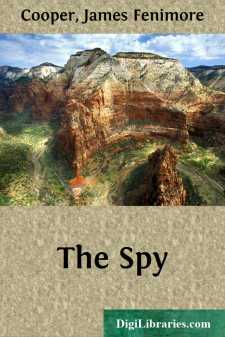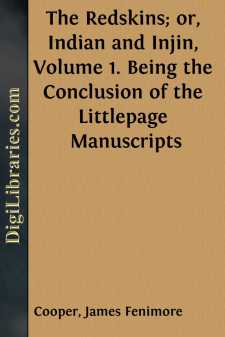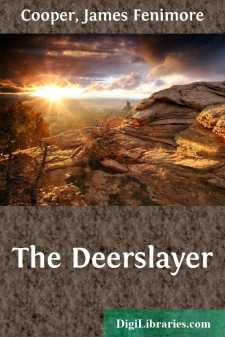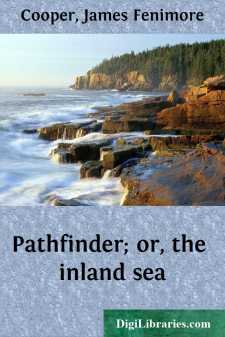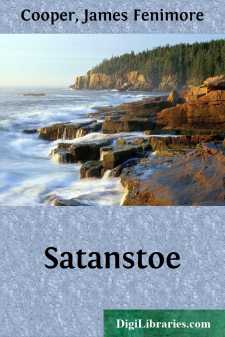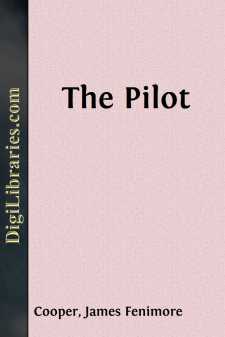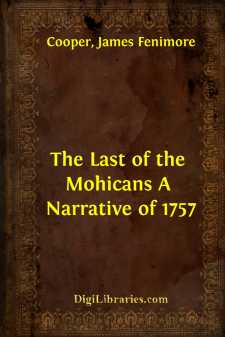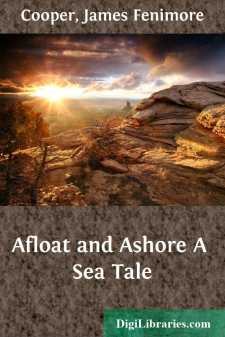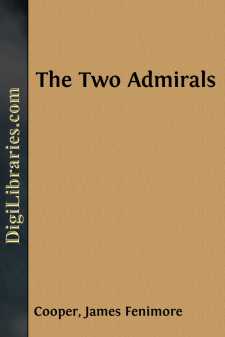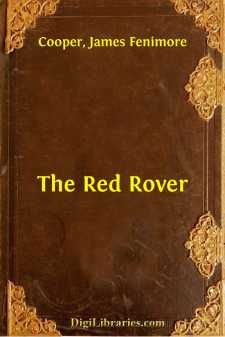Categories
- Antiques & Collectibles 13
- Architecture 36
- Art 48
- Bibles 22
- Biography & Autobiography 815
- Body, Mind & Spirit 144
- Business & Economics 28
- Children's Books 18
- Children's Fiction 14
- Computers 4
- Cooking 94
- Crafts & Hobbies 4
- Drama 346
- Education 58
- Family & Relationships 59
- Fiction 11833
- Games 19
- Gardening 17
- Health & Fitness 34
- History 1378
- House & Home 1
- Humor 147
- Juvenile Fiction 1873
- Juvenile Nonfiction 202
- Language Arts & Disciplines 89
- Law 16
- Literary Collections 686
- Literary Criticism 179
- Mathematics 13
- Medical 41
- Music 40
- Nature 179
- Non-Classifiable 1768
- Performing Arts 7
- Periodicals 1453
- Philosophy 65
- Photography 2
- Poetry 896
- Political Science 203
- Psychology 44
- Reference 154
- Religion 515
- Science 126
- Self-Help 85
- Social Science 82
- Sports & Recreation 34
- Study Aids 3
- Technology & Engineering 59
- Transportation 23
- Travel 463
- True Crime 29
Our website is made possible by displaying online advertisements to our visitors.
Please consider supporting us by disabling your ad blocker.
The Spy
Categories:
Description:
Excerpt
JAMES FENIMORE COOPER
"I believe I could write a better story myself!" With these words, since become famous, James Fenimore Cooper laid aside the English novel which he was reading aloud to his wife. A few days later he submitted several pages of manuscript for her approval, and then settled down to the task of making good his boast. In November, 1820, he gave the public a novel in two volumes, entitled Precaution. But it was published anonymously, and dealt with English society in so much the same way as the average British novel of the time that its author was thought by many to be an Englishman. It had no originality and no real merit of any kind. Yet it was the means of inciting Cooper to another attempt. And this second novel made him famous.
When Precaution appeared, some of Cooper's friends protested against his weak dependence on British models. Their arguments stirred his patriotism, and he determined to write another novel, using thoroughly American material. Accordingly he turned to Westchester County, where he was then living, a county which had been the scene of much stirring action during a good part of the Revolutionary War, and composed The Spy—A Tale of the Neutral Ground. This novel was published in 1821, and was immediately popular, both in this country and in England. Soon it was translated into French, then into other foreign languages, until it was read more widely than any other tale of the century. Cooper had written the first American novel. He had also struck an original literary vein, and he had gained confidence in himself as a writer.
Following this pronounced success in authorship, Cooper set to work on a third book and continued for the remainder of his life to devote most of his time to writing. Altogether he wrote over thirty novels and as many more works of a miscellaneous character. But much of this writing has no interest for us at the present time, especially that which was occasioned by the many controversies in which the rather belligerent Cooper involved himself. His work of permanent value after The Spy falls into two groups, the tales of wilderness life and the sea tales. Both these groups grew directly out of his experiences in early life.
Cooper was born on September 15, 1789, in Burlington, New Jersey, but while still very young he was taken to Cooperstown, on the shores of Otsego Lake, in central New York. His father owned many thousand acres of primeval forest about this village, and so through the years of a free boyhood the young Cooper came to love the wilderness and to know the characters of border life. When the village school was no longer adequate, he went to study privately in Albany and later entered Yale College. But he was not interested in the study of books. When, as a junior, he was expelled from college, he turned to a career in the navy. Accordingly in the fall of 1806 he sailed on a merchant ship, the Sterling, and for the next eleven months saw hard service before the mast. Soon after this apprenticeship he received a commission as a midshipman in the United States navy....


